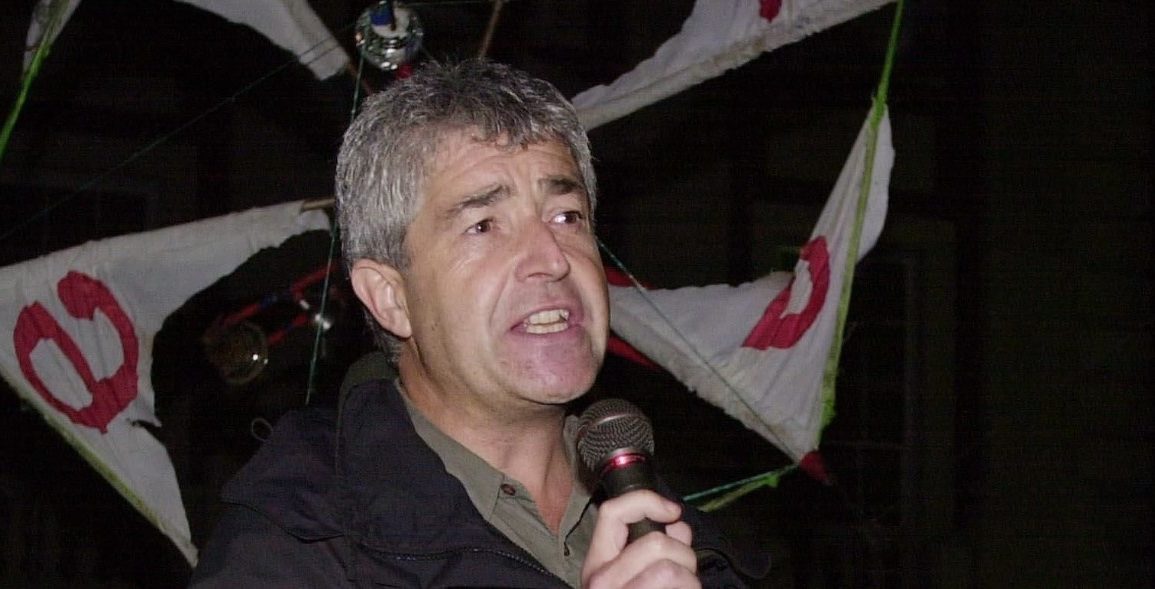The alarming decline of butterfly populations in the UK serves as a crucial “warning from nature,” according to Tony Juniper, chair of Natural England.
The latest data reveals that butterfly numbers have nearly halved to just 935,000, marking the lowest count in 14 years. This significant drop, attributed to habitat loss and pesticide use, raises concerns about the resilience of UK ecosystems amid climate change.
Butterflies, including the common blue and small tortoiseshell, are increasingly vulnerable to extreme weather conditions caused by global warming.
Juniper emphasizes that the decline in these vital pollinators could have serious implications for national food security, as healthy ecosystems are essential for agricultural stability.

In light of this crisis, Juniper advocates for a reimagined approach to national parks that focuses on nature recovery and community engagement, especially in urban areas.
He urges individuals to cultivate gardens that support butterfly larvae and adult insects, linking personal action to broader environmental issues, such as climate change and agricultural practices.
Looking ahead to the upcoming biodiversity COP16 in Colombia, Juniper expresses hope for the UK to demonstrate leadership on global environmental issues, emphasizing the importance of domestic action in bolstering international credibility.
He underscores the need for a diverse mosaic of protected habitats to meet the UN biodiversity target of conserving 30% of the UK for nature by the end of the decade.
To achieve this goal, Juniper suggests utilizing housebuilding plans to create “wild belts” around cities, which can provide essential habitats for wildlife.
He asserts that modernizing national parks to incorporate stronger biodiversity elements is vital for reversing the current trend of biodiversity loss and fostering a public connection to nature. As the planet continues to warm, the need for immediate action to restore and protect ecosystems has never been more critical.

